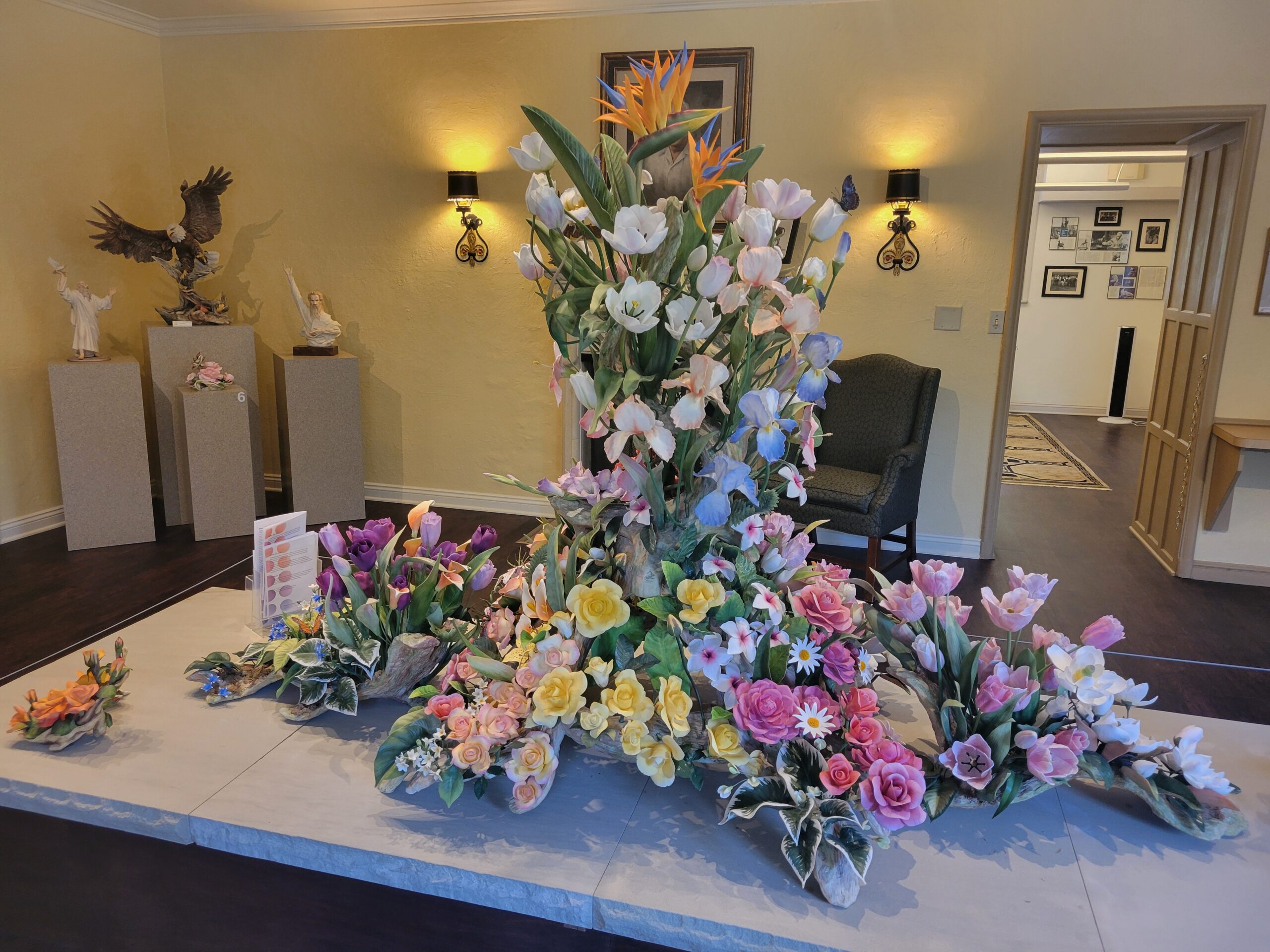
[Image above] Lane Martin will be one of the speakers at a NSF-sponsored workshop for young faculty in August. Credit: ACerS.
In a few weeks—August 13–14— the National Science Foundation’s Division of Materials Research’s Ceramics Program is sponsoring a professional development workshop that will be held in conjunction with the International Conference and Exhibition on Advanced and Nano Materials in Quebec City, Canada. The goal of the workshop is to enhance the career development of the next generation of leaders in ceramic materials research and education, and the NSF’s highly successful Faculty Early Career Development, or CAREER, award program will serve as the framework.
Organized by Ricardo Castro, associate professor at University of California, Davis, the workshop is designed to be highly interactive. Recent CAREER awardees will give a short talk on their research goals and progress, as well as their outreach goals and progress. Each talk will be followed by a panel discussion where three internationally recognized experts in the speaker’s field will lead a discussion on the achievements thus far and provide constructive feedback. Castro says the panel experts will give short talks on their work as well.
According to Castro, the goal of the workshop is not so much about the present CAREER awardees, but to give young faculty, postdocs, and graduate students guidance as to what it take to be successful, “by interacting with successful cases and discussing with a high level technical panel,” he says. Ricardo says senior researchers also are encouraged to come to “check out” the rising talent, provide feedback, and find strong collaborators.
Castro, too, is a CAREER awardee (2011) and had this to say about his experience as a presenter at last year’s workshop:
“It was an awesome opportunity to interact with senior researchers in my field and have them learn about what I do and plan to do in my career. The panel members are there to really help you. I got very nice advice from my panel in terms of strategies for publications, where to focus on my research so I could find more collaborators, and how and why to be more engaged with the ACerS. I believe it was a good path—to put me in the circle—so I can be part of organizing committees for domestic and international conferences, for instance. It was also great to learn what the other CAREERs were doing, and I learned a lot from their outreach enterprises and how I could enrich mine by mixing up ideas and creating synergies.”
Castro is expecting to involve about 25 CAREER awardees and panelists in the presentations and discussions, and the workshop can accommodate up to about 80 attendees. The workshop is free for those registering for the ICANM2013 conference. Full details of the program and registration are available at the workshop website.
Author
Eileen De Guire
CTT Categories
- Basic Science
- Education
- Market Insights
Related Posts
Sports-quality ice: From pond side to precision Olympic engineering
February 12, 2026
Solid-state batteries turn heads at CES 2026
January 29, 2026


